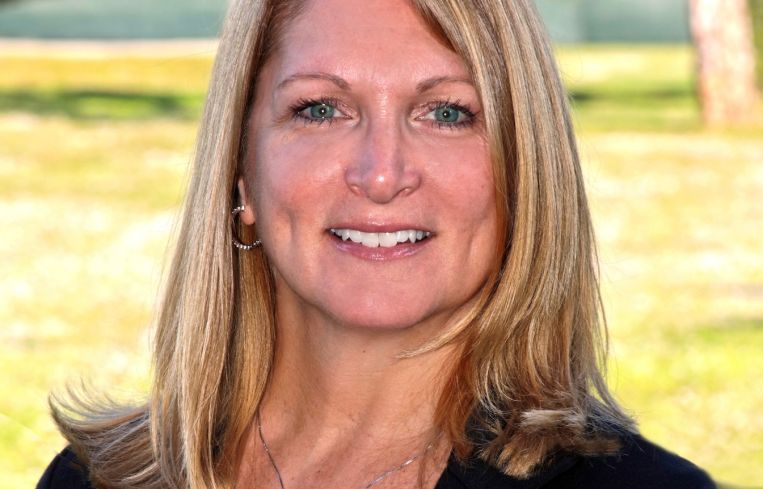Comunidad Partners Launches Minority-Owned Affordable Housing Credit Platform
By Keith Loria January 24, 2023 1:26 pm
reprints
Comunidad Partners, a national affordable and workforce housing firm based in Austin, has launched Comunidad Credit Capital (C3), a new impact credit platform.
Comunidad Partners is 100 percent minority- and women-owned and heavily focuses its investment activities on positively impacting communities through its environmental, social and governance (ESG) practices and its corporate culture of diversity, equity and inclusion (DEI), according to the company.
The new platform will expand the company’s presence to Washington, D.C. The location of the D.C. office has not yet been determined. Comunidad Partners also has offices in Atlanta and San Diego.
The venture will originate structured finance investments in affordable and workforce housing opportunities, which include impact loans, access to capital or debt for emerging diverse borrowers, B-piece investments, credit enhancement guarantees, mortgage banking services and other conventional multifamily loan products.
C3 will be led by former Freddie Mac multifamily veteran Debby Jenkins, who will serve as CEO and partner of the platform. The market largely lacks impact-focused lenders that are diverse, and C3 will fill this void by launching this minority- and women-owned and -managed credit platform, Jenkins noted.
“The current capital markets environment is causing pricing dislocation and market disruptions that create compelling credit investment opportunities to preserve and enhance workforce affordable housing,” she told Commercial Observer. “These communities are vulnerable to losing their affordability and are at risk of physical degradation. This dynamic is largely due to the structural imbalances in the capital markets today, given many borrowers are undercapitalized and/or have misaligned leverage with their current debt structures.”
She also noted federal regulators and government-sponsored enterprises are placing a significant emphasis on affordability, ESG and DEI initiatives, including a focus on diverse lenders by Freddie Mac and Fannie Mae through their Equitable Housing Plans. In fact, FHFA has issued a new requirement that 50 percent of Fannie and Freddie annual allocations must be mission-based serving households under 80 percent of the area median income and created a new workforce housing category that incentivizes borrowers to maintain rents at attainable levels for extended periods of time.
“Our intent is to institute Impact programming at the properties we finance, and we plan to generally align with FHFA’s definition of workforce housing in the 2023 scorecard and equitable housing plans,” Jenkins said. “Official launch will be in the spring, and we are in the process of defining our product set and terms.”
Keith Loria can be reached at Kloria@commercialobserver.com.



